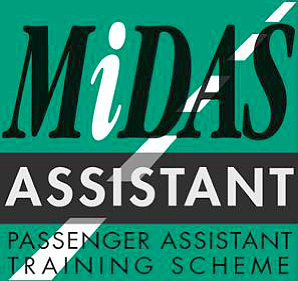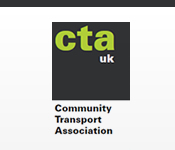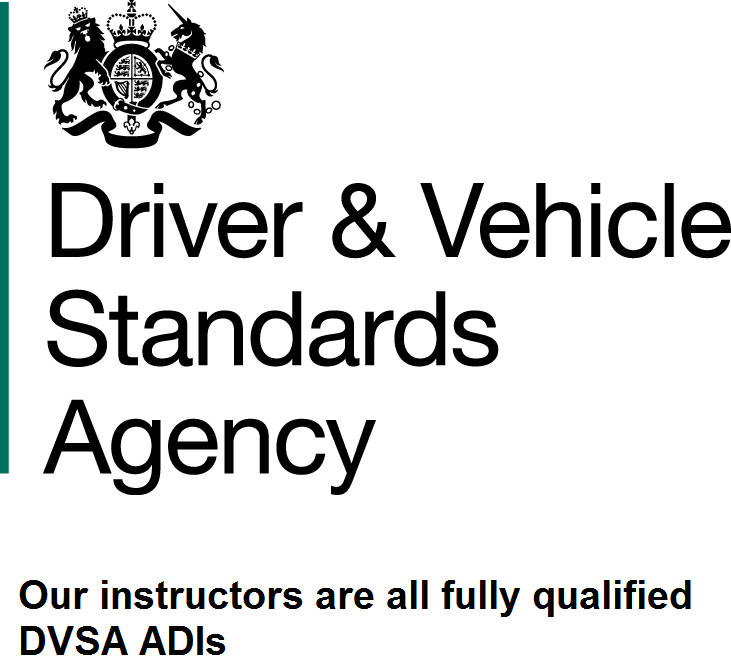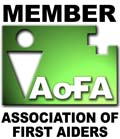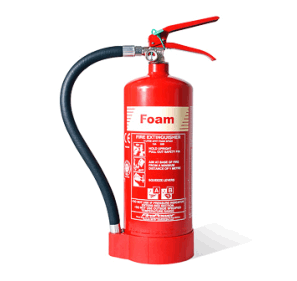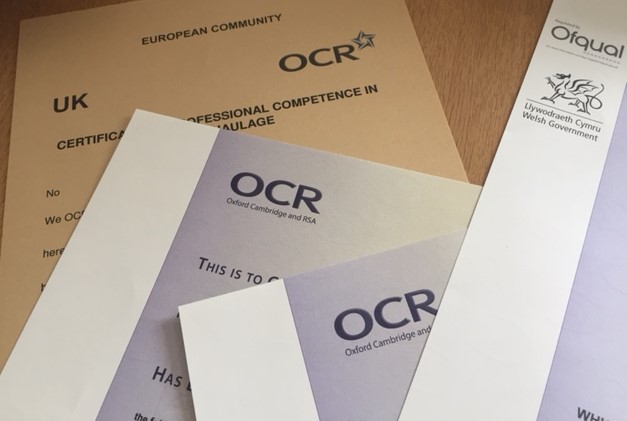Operator Compliance Risk Score (OCRS):
www.twc-training.co.uk is an Operating License Compliance | CPC Holder
Operator Compliance Risk Score (OCRS):
Please read the information below, it will help you better understand how the Operator Compliance Risk Score (OCRS) system:
if you need any help understanding how the (OCRS) system works please contact us(OCRS) has been around for a while now, but how does it affect operators:
1. Overview:
OCRS (Operator Compliance Risk Score) is created and used by VOSA to calculate the chances of an Operator not being compliant with Operator Licensing law and legislation. If a vehicle operator, drivers might be stopped at the roadside by the police or the (DVSA) for vehicle inspections. The purpose of OCRS is to enable VOSA officials to focus their efforts on Operators who are less likely to be operating within legislation, DVSA use the Operator Compliance Risk Score (OCRS) system to decide which vehicles should be inspected.
2. How it is used:
The Operator Compliance Risk Score (OCRS) is based on data collected by DVSA (3-year rolling period). it’s taken From annual tests, roadside inspections and inspections at operators’ premises.
Here is the scoring points:
1- Traffic Roadside: Data is collected from inspections and prosecutions (eg for drivers’ hours and tachograph offences, weighing checks)
2- Roadworthiness: Data comes from vehicle tests (first tests, subsequent annual tests); ‘vehicle encounters’ (fleet check inspections at operator premises, roadside inspections)
The more serious the defect or infringement, the more points.
You’ll be given a score, which will be shown as R (red – highest risk), A (amber – medium risk) or G (green – lowest risk).
You may check your OCRS score, view test histories and roadside check reports on-line.
Operators outside Great Britain:
DVSA has a non-GB OCRS system for operators based outside Great Britain. It’s based on data captured at the roadside – this is because there is no annual test or prosecution data available.
3. How your score can affect:
DVSA calls these ‘encounters’. Your score could change if you:
- A ‘clear encounter’ – example: you pass an inspection successfully (positive effect on your score)
- A new offense or a defect recorded against you at inspection (negative effect on your score)
Previous encounters
Your score also changes as old encounters that previously counted towards your score no longer count once they’re not in the OCRS calculation period.
Trigger events
These are serious problems that will send you straight into the red score band for a set period of time.
Once this time is up, your score returns to whatever your base score is at the time. Your base score is your OCRS without the trigger taken into account.
There’s a list of offences that can send your score straight to red in the guidance on the OCRS system.
Year weightings
The impact of an offense or defect decreases over the 3-year time period.
For the first 12 months after the offense or defect, its score stays the same. After 12 months it falls by a quarter and then it’s halved in the final 12 months.
Other changes
There are a number of ‘parameters’ that feed into your OCRS. DVSA sets these and can change them at any time – this has an impact on your score:
- Overloaded
- Dangerous Goods
- prosecutions
- Unlicensed
- time weightings
- Unsafe Vehicle
- trigger events and time periods
More info please see: guidance on the OCRS system.
If you have any query prior to your application or the self-service steps, simply contact us:
www.twc-training.co.uk have been managing vehicle operator licenses for 100`s of client’s staff & drivers in the last few years and our list of happy customers is growing. Join Our Satisfied Client’s List Today? Get in touch with us to know the complete vehicle operator licenses packages we offer with proven results and great prices.



